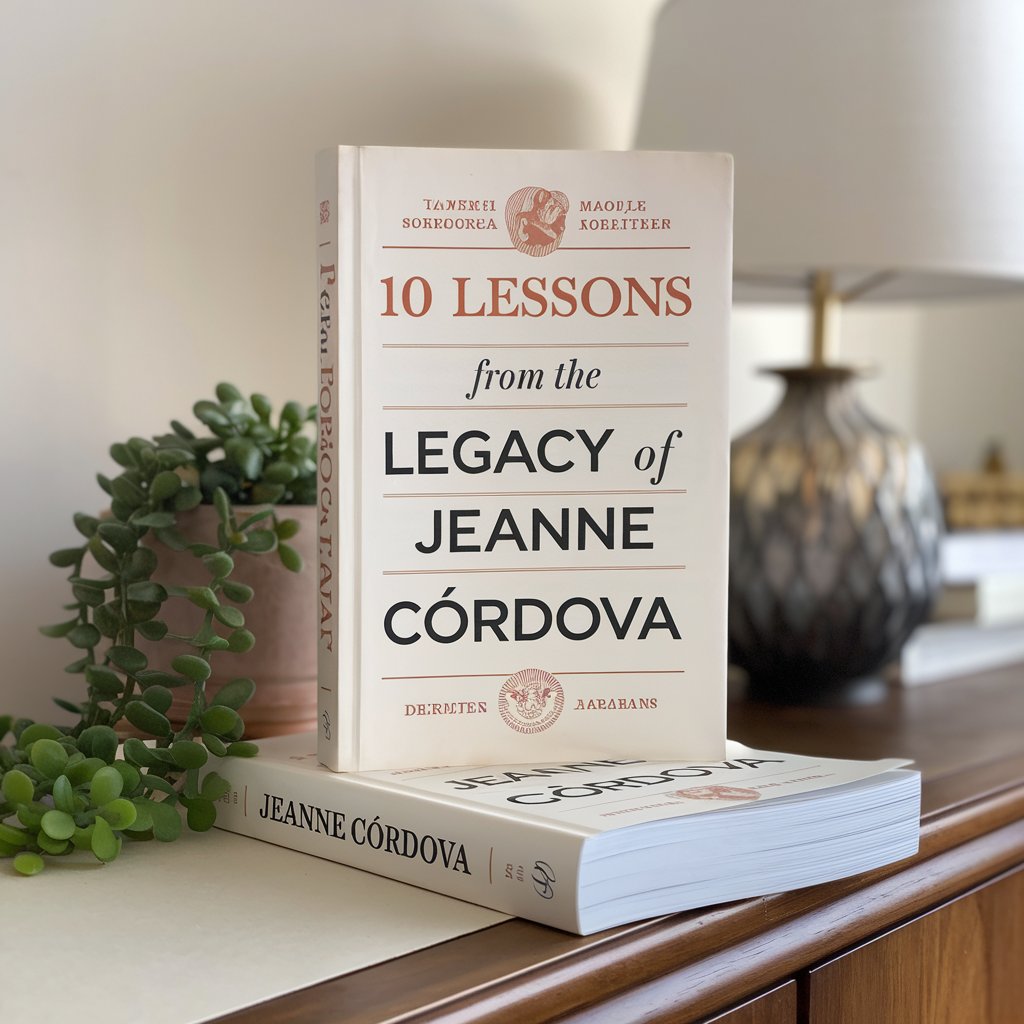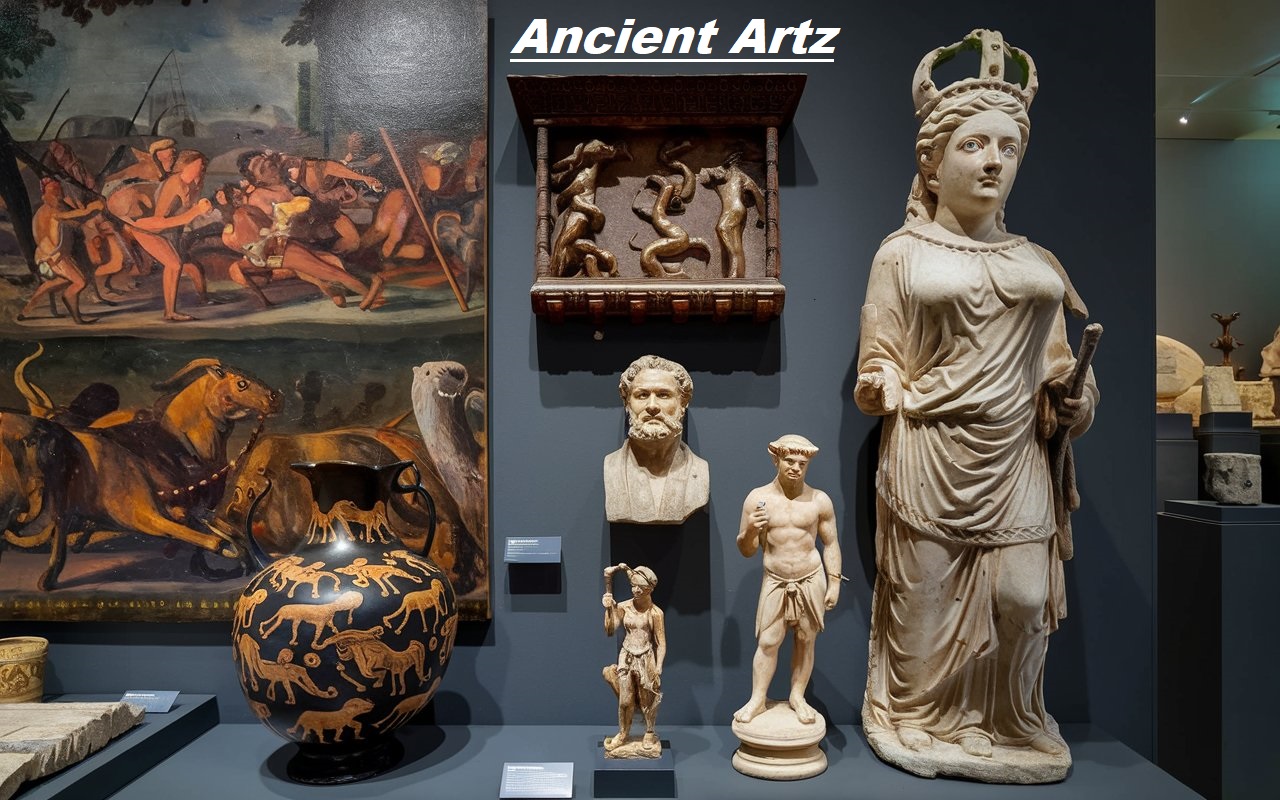Jeanne Córdova stands as a pioneering figure in LGBTQ history and feminist activism. Her life, steeped in courage and unyielding passion, remains a testament to the power of advocacy. As a journalist, author, and organizer, Córdova reshaped societal norms, fighting for the rights of women and LGBTQ individuals. This article delves into her inspiring legacy and the lessons we can draw from her remarkable journey.
Who Was Jeanne Córdova?
Jeanne Córdova was more than just a feminist and activist—she was a movement in herself. Born in 1948 in Germany to a multicultural family, her upbringing in a strict Catholic environment played a pivotal role in her later advocacy. The challenges she faced in reconciling her faith with her sexuality ignited her passion for social justice, pushing her to challenge institutional biases.
Her career blossomed as a journalist and editor for The Lesbian Tide, a publication considered a cornerstone of lesbian feminism during the 1970s. Through her writing, Jeanne amplified underrepresented voices, paving the way for future activists and change-makers.
Jeanne Córdova’s Role in LGBTQ History
The LGBTQ movement owes much to Jeanne’s tireless efforts. Her activism spanned across:
- Organizing lesbian conferences: She spearheaded the first National Lesbian Conference in 1973, gathering activists nationwide to discuss strategies for advancing LGBTQ rights.
- Fighting discriminatory policies: Jeanne campaigned against unfair laws, advocating for equality in workplaces and public spaces.
- Championing representation: Through her writing and activism, she demanded authentic portrayals of LGBTQ individuals in media and literature.
Her contributions didn’t just spark change; they fueled an ongoing fight for visibility and respect.
The Power of Storytelling: Córdova’s Literary Contributions
Jeanne’s written works serve as a roadmap for understanding the struggles and triumphs of the LGBTQ community. Her memoir, When We Were Outlaws: A Memoir of Love and Revolution, chronicles her life as an activist during the feminist and gay liberation movements.
In this gripping narrative, she sheds light on:
- Personal sacrifices: Balancing activism with personal life.
- Historic moments: Recollections of key protests and advocacy efforts.
- Inspiring resilience: A message to future generations to persevere in their quests for equality.
Jeanne Córdova and Feminism
Jeanne’s feminism was intersectional before the term gained widespread recognition. She fought for gender equality while acknowledging the layered struggles faced by LGBTQ individuals and people of color. Her leadership was instrumental in aligning the feminist and LGBTQ rights movements, emphasizing solidarity across different marginalized groups.
Why Jeanne Córdova’s Legacy Matters Today
Córdova’s activism is a blueprint for tackling modern-day challenges in LGBTQ advocacy. From combating anti-LGBTQ legislation to fostering inclusive education, her principles remain as relevant as ever. Key takeaways from her work include:
- Grassroots activism: Building change from the ground up.
- Amplifying marginalized voices: Ensuring all communities feel represented.
- Intersectionality: Recognizing the interconnectedness of different forms of oppression.
What Can We Learn from Jeanne Córdova?
- Courage to challenge norms: Jeanne dared to question societal expectations.
- The importance of community: Her work highlights the strength found in collective action.
- Legacy building: Advocacy isn’t just about the present; it’s about shaping a better future.
FAQs
What were Jeanne Córdova’s main contributions to the LGBTQ movement?
Jeanne Córdova organized pivotal events like the National Lesbian Conference and advocated for workplace equality, representation, and community visibility.
How did Jeanne Córdova balance her roles as an activist and journalist?
Through The Lesbian Tide, she merged journalism and activism, using the platform to voice critical issues affecting the LGBTQ and feminist communities.
Why is Jeanne Córdova considered a pioneer of intersectional feminism?
Her advocacy bridged gaps between LGBTQ rights, feminism, and racial justice, ensuring marginalized voices were included in broader equality movements.
What is When We Were Outlaws about?
The memoir details her experiences as an activist during the feminist and gay liberation movements, offering insights into her personal struggles and triumphs.
How does Jeanne Córdova’s work inspire current activists?
Her grassroots approach, emphasis on intersectionality, and unyielding determination serve as a model for addressing modern social justice challenges.
What challenges did Jeanne Córdova face in her advocacy?
Jeanne faced opposition from societal institutions and the mainstream feminist movement, which often excluded LGBTQ voices.
Conclusion
Jeanne Córdova’s life is a beacon of hope and inspiration. Her dedication to LGBTQ rights and feminism changed the landscape of activism, proving that one individual can make a monumental difference. As we navigate modern challenges, Córdova’s legacy reminds us of the power of resilience, community, and unwavering advocacy.









